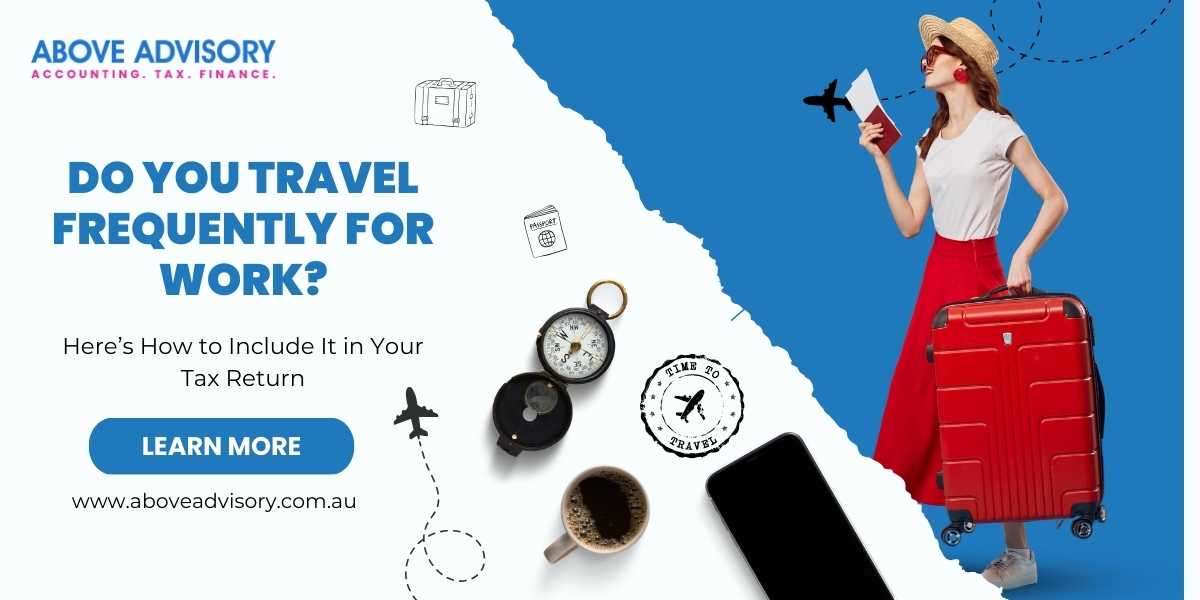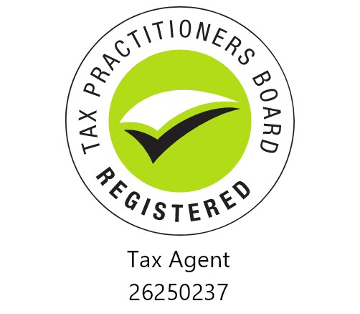In today’s collar-nick world, travel is inevitably an aspect of most business categories, from client meetings to conventions and different corporate locations.
If you are an Australian resident who often travels for your business, most of these travel costs are a legal tax deduction, which will lower your taxable income and, therefore, increase your refund.
However, several conditions must be met, and the documentation is even more rigorous for expenses incurred for work-related travel.
This guide will explain what travel expenses are allowed, what paperwork you should keep, and how to remain ATO compliant, so you know what’s okay and what’s not.
1. Eligibility for Claiming Work-Related Travel Expenses
Any expenses incurred in relation to a job are generally allowed provided such expense is incurred in the course of performing one’s work. These costs may include travel, accommodation, feeding, and transport while you are out of the business undertaking.
According to the ATO, to be eligible to claim travel expenses:
- You must pay for it yourself (the cost is not recoverable from the employer).
- It should not be just your routine trip, for instance from home to the office and then back home, but a business trip, to see a client or attend a training session for instance.
- The expenses should be necessary to generate your income
For instance, for Melbourne-based employees who have to travel to Sydney to attend a meeting with a client, travel and accommodation expenses are allowed.
Likewise, if you are traveling to several cities, for instance traveling from L.A. to N.Y. for consecutive meetings with clients, then necessary travel costs are also admissible.
2. Travel Expenses That Can Be Claimed
Below is a breakdown of travel expenses that might be deductible, provided they meet the ATO’s requirements:
- Airfare: You can request reimbursement for flights that you were forced to make for work. This also applies to flights within Australia and overseas provided the main nature of the journey is business.
- Accommodation: If your business trip involves a one-night stand, lodging expenses may be allowable. This includes lodging in a hotel or other next to it.
- Meals and Incidental Expenses: Even if the travel occurs at night for business purposes, meals as well as incidental expenses which include fares from taxi to meetings can be requested.
- Local Transportation: Transportation expenses such as car rental, public transport, and other personal care expenses that one incurs while working are allowed for a deduction.
Lastly, it ranges to highlight that in case you are undertaking the trip in both personal and business capacities, then you are supposed to split the costs. The claim can only be made of actual expenditure that has been made wholly and exclusively to carry on traders’ business.
For example, if you add a few day’s holidays to your business trip, then you are allowed a tax deduction of the costs of travel and accommodation during the business part of your trip.
3. What Can’t Be Claimed?
Some expenses relating to a trip are not allowed, even though the trip is made for business purposes. These include:
- Commuting Costs: Auto travel that is between your home and your regular and established place of business is considered a private automobile, therefore, it cannot be deducted.
- Extended Personal Stay: If for instance, you decide to prolong a business trip to include some personal time, you cannot be reimbursed for the costs incurred on the personal days.
- Additional Costs for Family Members: All incidental expenses that are personal in nature, such as if one’s family or friends accompany him or her on a work trip, then the transport costs cannot be claimed. You are only allowed to deduct an amount that you would have used if you were to travel alone.
Also, if your employer gives back any of your expenditures, then such expenditures cannot be claimed in the tax return.
For example, if, for the employer, transportation, lodging, or feeding was provided then these cannot be retrieved because they are not considered to be a cost borne by the employee.
4. Documentation and Substantiation Requirements
To support any travel expense deduction claims, the ATO needs you to retain the record as evidence. This may include:
- Receipts: Save all receipts for the cost of flying, hotels, other meals, car rentals, and any other costs you wish to claim ITR for.
- Credit Card Statements: If receipts cannot be provided for certain reasons, credit card statements may be accepted as the secondary evidence preferred.
- Travel Diary: In case your work travel is more than 6 nights, a diary travel is required. This diary should include the activities related to work for each day, specifying the working meeting time, place, and purpose.
Proper documentation not only aids in meeting tax constitutes but also assists in clarifications in the event the ATO audits your claims.
A proper record of these expenses will take less time to prepare and also ensure that one is ready with the correct documents at the time of filing their taxes.
The Final Words
Learning how to deduct travel expenses on the tax return can assist you in the process of reducing your tax and proving all the expenses that were incurred in the regular business.
By ensuring proper documentation and compliance with the provisions of the ATO, any of these expenses can be claimed in one’s tax return hence, increasing the allowable deductions and possibly the amount of the refund.
Be sure to collect receipts, split any blended travel properly, and talk to a tax expert – Above Advisory if you’re unsure. We’re all here to help you get the most out of the work-related travel expense deductions and tax incentive options in Australia.








